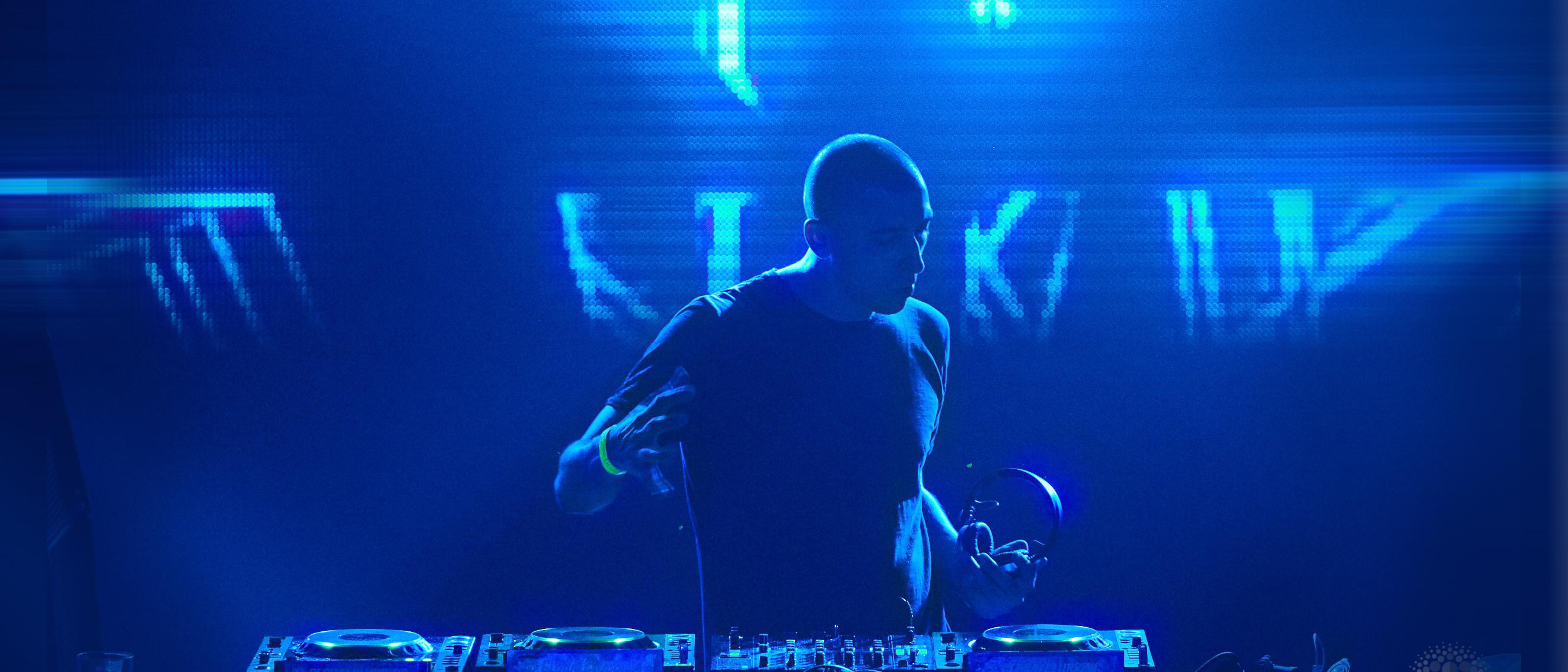One of the most prominent and colorful figures of the San Francisco Bay Area hyphy movement (sometimes hailed as the scene's "crown prince"), North Oakland-based rapper Mistah F.A.B. presents a somewhat exceptional combination of street credibility, social consciousness, astute introspection, and irrepressible goofiness. Born Stanley P. Cox in 1982 and raised by his mother and grandmother, he stresses the positivity of hyphy's party-happy, irreverent, but inspirational "go dumb" mentality and manifests a dedication to inner-city social issues, which doesn't mean he's immune to a certain amount of mainstream rap's flamboyant materialism: his handle is supposedly an acronym for "Money Is Something to Always Have -- FaEva After Bread." F.A.B., who also goes by Fabby Davis, Jr., titled his second album Son of a Pimp in bluntly literal reference to his pimp father, who was incarcerated for much of F.A.B.'s childhood and died of AIDS-related complications when his son was 12, around the time he started writing rhymes. That album, F.A.B.'s first for hyphy forerunner
Mac Dre's
Thizz label (following his 2003 debut, Nig-Latin), featured collaborations with many noted Bay Area rappers including
Dre,
E-40,
Turf Talk, and
G-Stack of Oakland heroes
the Delinquents -- as well as
Kanye West -- and boasted one of the biggest hits of the resurgent hyphy scene, "Super Sic wit' It."
A slew of mixtapes, compilations, and guest spots made him ubiquitous in the local scene throughout 2005 and 2006, and led him to host his own locally oriented show, Yellow Bus Radio, on KYLD-FM, which -- in keeping with hyphy's special-ed scholastic motif -- featured weekly book reports. With burgeoning national interest in Bay Area hip-hop in 2006, F.A.B. became the subject of a major-label bidding war, signing with
Atlantic Records that September, but a series of obstacles hindered his career momentum. KMEL-FM, the Bay's top urban station, imposed an unofficial but crippling blacklist of F.A.B.'s songs and guest appearances, due to petty personal grievances as well as the perceived slight of his successful show on a rival station, thereby significantly undermining his hometown visibility. Later, his breakout single, "Ghost Ride It," was the subject of controversy on two fronts -- national clamor over the hyphy practice of "ghost riding" described in the song (throwing a car in neutral, then jumping out and walking alongside or riding on the roof as it continues to move), following two fatal, allegedly related incidents, and threatened legal action from
Columbia Pictures over the use of the Ghostbusters logo in the video (the track samples the movie's theme song) -- which caused the video to first be heavily censored and then pulled from television altogether.
Da Yellow Bus Rydah, F.A.B.'s debut for
Atlantic, originally scheduled for spring of 2007, was delayed by over two years (and slated for a 2009 release under the revised title The Bus Ride). However, thanks to an unusually liberal contract, he was able to keep busy with work on independent labels, instead releasing another
Thizz full-length, Da Baydestrian, in May 2007, and continuing his steady stream of mixtapes and album-length collaborations with
G-Stack,
Turf Talk,
the Alchemist, and
Glasses Malone through 2011 (including Hyphy Ain't Dead, a collaboration with
Turf Talk). That year, he released his fourth official LP, I Found My Backpack 2: The Lost Notebook. Da Yellow Bus Rydah followed in 2012, before F.A.B. shifted focus to production with
B.o.B and
Chris Brown, as well as an anthem written for the Oakland Raiders. He continued to issue mixtapes and battle in the underground circuit, returning to the studio for his sixth full-length, 2016's Son of a Pimp, Pt. 2, which debuted at number three on the Billboard Heatseekers chart. Ever the prolific artist, yet more mixtapes followed including 2017's Stan Pablo - 4506 and 2018's It's Y'all Fault I'm Rich, along with two official albums in 2018's Thug Tears and Thug Tears 2. ~ K. Ross Hoffman, Rovi


